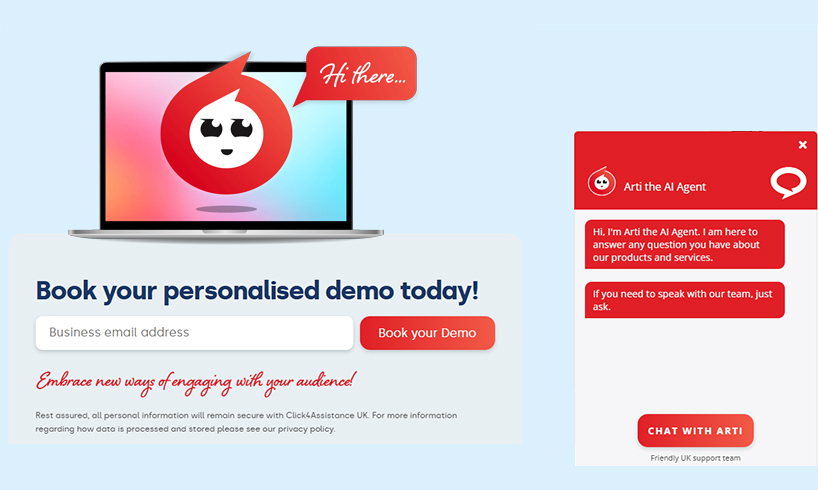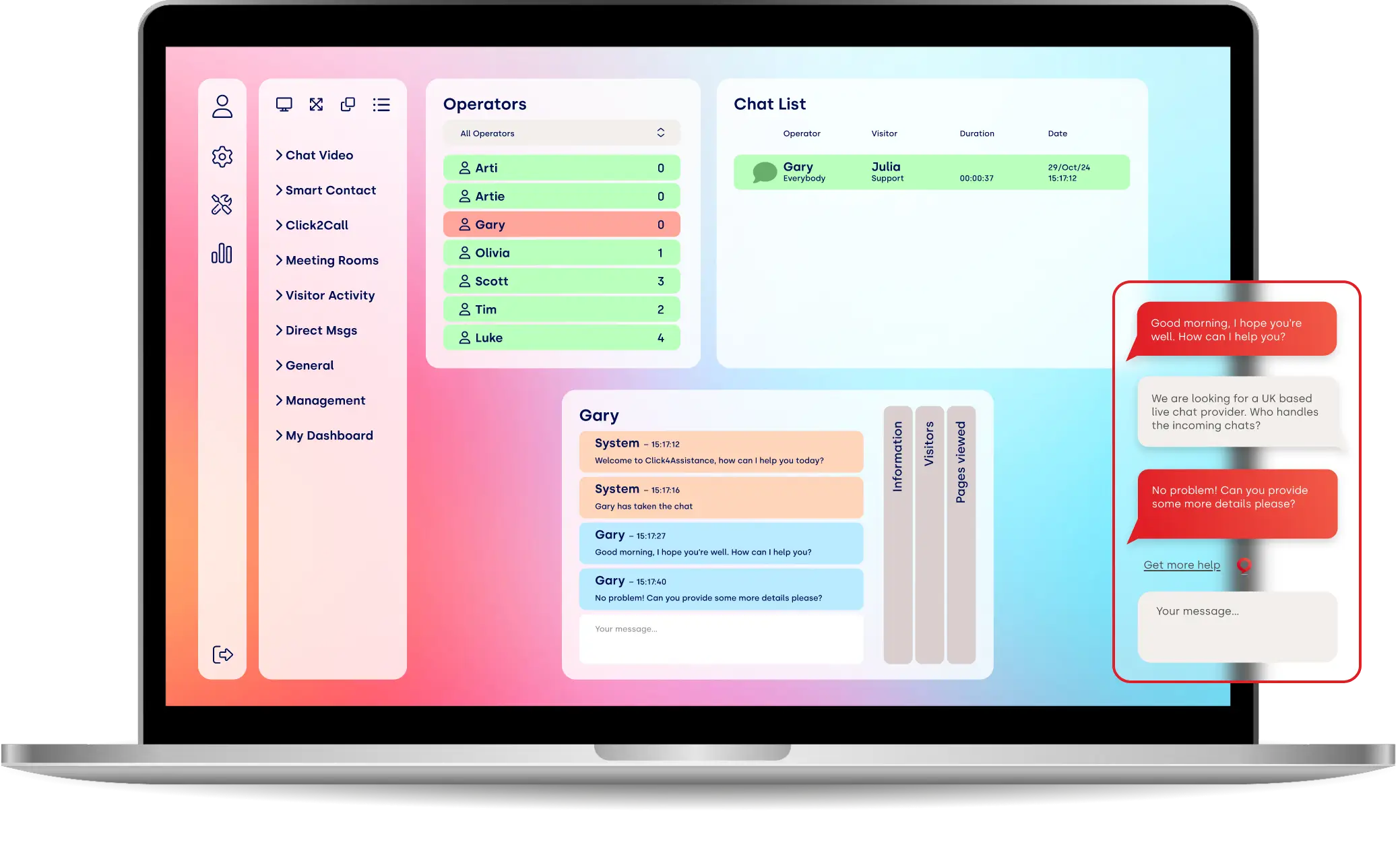Could AI Chatbots help treat depression?

Chatbots could help treat depression by offering advice that falls more closely in line with clinical guidelines than human doctors and medical health professionals.
The AI will see you now.
That’s the message of a new study published in the open-access journal Family Medicine and Community Health, overseen by the British Medical Journal. Researchers believe that chatbots, like ChatGPT, may be better at recognising and following treatment standards for depression than conventional human physicians. Tools could be less prone to bias, sometimes found in regular decision-making, implying better patient outcomes.
How researchers tested ChatGPT’s medical decision-making
To test AI’s ability to treat depression, Israeli scientists fed brief descriptions of hypothetical patients to ChatGPT 3.5 and 4. Gender, socioeconomic status and symptom severity varied significantly across the sample.
Then, researchers compared ChatGPT’s recommendations with those of a sample of 1,279 primary care doctors in France. The results revealed that ChatGPT was more willing to recommend talking therapies but less willing to support medications across the range, falling in line with standard guidance.
For example, ChatGPT 3.5 recommended psychotherapy in 95 per cent of mild depression cases, while ChatGPT 4 suggested it 97.5 per cent of the time. By contrast, primary care doctors only recommended psychotherapy as the sole treatment 4.3 per cent of the time and prescribed drugs 48 per cent of the time.
The imbalance remained for severe depression cases. Here, ChatGPT 3.5 and 4 recommended talk therapy 72 per cent and 100 per cent of the time, while human doctors only recommended it 44.5 per cent of the time.
Teams also found discrepancies between the medicine types ChatGPT recommended. The bot appeared to favour depression-only tablets in 68 to 74 per cent of cases, while human physicians added anxiolytics and hypnotics in 67.4 per cent of cases, which, again, aligned it more with official guidelines.
ChatGPT’s impact on primary health care
These findings suggest that ChatGPT has the potential to transform primary healthcare. Chatbot tools entertain less bias and treat patients more directly for symptoms. Race, gender and other identifying factors matter less (if at all) in their decision-making.
The fact that there is such a discrepancy between ChatGPT’s recommendations and clinical practice is concerning for some researchers. It reveals that biases may be deep-seated among medical practitioners, with professionals regularly under-prescribing or over-prescribing patients based on their perceptions of a patient instead of medical factors. As such, researchers believe ChatGPT has the “potential to enhance decision-making in primary health care” and “demonstrated greater precision in adjusting treatment to comply with clinical guidelines.”
Controversy
The findings, though, aren’t without controversy. While the new research is promising, it appears to fly in the face of previous studies suggesting the opposite was true – that AI chatbots have inherent biases because of exposure to human-centric datasets.
A recent study on the political biases of these chatbots threw this subject into sharp relief. Researchers found significant spreads in chatbots on the authoritarian-libertarian and left-right political axes. For instance, GPT 4 scored highly for libertarian views and moderately for being left-leaning, perhaps reflecting the political views of the Silicon Valley elite developing it. Meanwhile, Meta’s LLaMa was neutral on the economic spectrum but highly authoritarian.
These recent studies also raise ethical issues regarding whether machines should dispense treatment instructions to patients. That decision, professionals say, should remain in the hands of humans despite the provably superior guidance of bots. Healthcare should remain a person-centric industry, regardless of the inefficiencies or flaws in such an approach.
Even so, chatbots will play an increasingly valuable role in administering assistance to mental health patients. Unlike conventional human therapists, machines are available 24/7 and now prove they can dispense advice in line with official guidelines. Some people say if you add a chat feature to my website, it could triage mental health patients according to their needs, recommending various services and interventions until human help becomes available. It could also provide therapeutic interventions by text or through audio channels.
AI chatbots may also help to treat depression indirectly. A live chat tool for website users on a clinic’s homepage could reduce administrative burden and free up more patient resources. Clinics could streamline their services and see more people.
Unfortunately, though, Chatbots don’t appear able to improve on the clinical guidelines. Researchers are taking them as gospel, but reality and clinical experience may diverge from them significantly. Guidelines may also exhibit their own biases, including the idea that patients from various gender and racial backgrounds are medically homogenous.
























